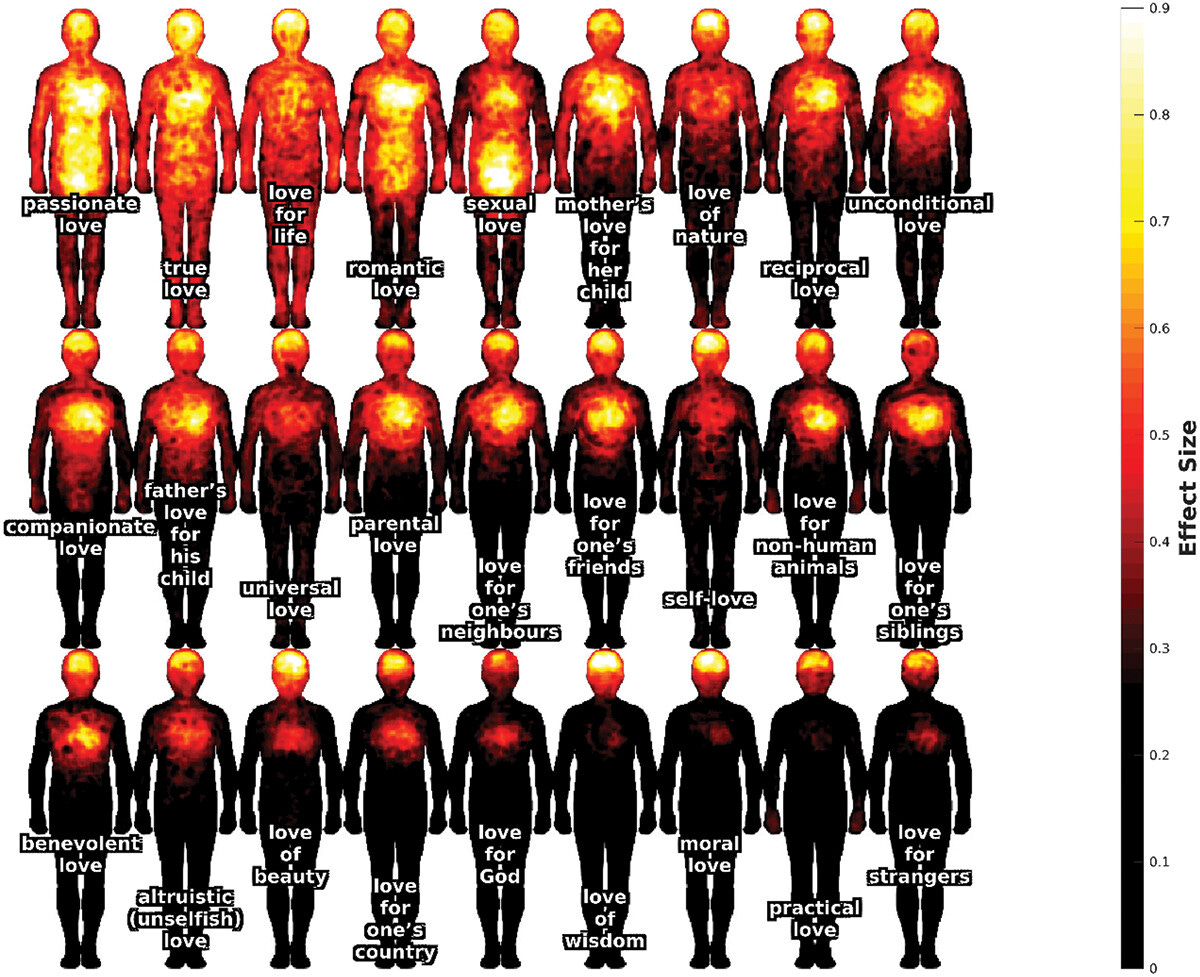Help Thinking Ahead get to 500 subscribers. Current status: 475.
Helen Hayes was the first woman to pull off an EGOT (win an Emmy, Grammy, Oscar, and Tony award). Yet, despite her success and her place in history, she knew that:
The truth is that there is only one terminal dignity - love. And the story of a love is not important - what is important is that one is capable of love. It is perhaps the only glimpse we are permitted of eternity.
The simple sensation of loving and being loved is the greatest and most awesome experience we can aspire to in our lives. The Mount Olympus of wealth, fame, and achievement pales in comparison.
To me, that truth is self-evident.
But perhaps I should not have used the word simple, for love is anything but. Even if we adopt an objective perspective for a moment and pin romantic love (which is what most of us think about when we talk about ‘love’) to our dissection table like a beautiful butterfly with iridescent wings, we find that it is maddeningly complicated. Research has found specific gene, neural, and hormone activity associated with romantic love. Likewise, romantic love is associated with specific conditions of upbringing (think attachment styles), which social pressures we deal with, and our past experiences with relationships.
Zooming out, researchers have tried to explain the evolution of romantic love in terms of mate choice, courtship, sex, and pair bonding. This review on the biology of love states that:
Romantic love is a complex suite of adaptations and by-products and can be either adaptive or maladaptive.
The biologist in me agrees; the human in me realizes that such explanations fail to appreciate the most important part of love: how it feels.
Wait. How does it feel? (Anybody else think of the D’Angelo song?)
A heart skips a beat, a flutter dances up and down a stomach, fingertips tingle… Romantic love is a whole-body experience, it seems. Is it, though? Let’s ask a bunch of Finnish people. That’s what this recent study did (558 responses, online surveys). It wasn’t only about romantic love. In fact, based on the responses, the researchers could tease out 27 different types of love. Interestingly, these types also had different ‘embodiments’, aka where in our bodies we experience them. They also found that several of these types of love co-occur.
Do some statistics and fancy analysis, and you end up with heat maps that show where in our bodies (on average) we feel different kinds of love. Here are the maps, with brighter colors indicating a stronger sensation:

Most types of love are a matter of the head and the heart, except for passionate, true, lifelong, and romantic love, those are indeed whole-body experiences. Or, in science lingo:
The prototypical love types often rated high in the main dimensions are precisely the ones associated with close attachments. That is, the types of love associated with close attachments appear to be more salient and pleasurable than types of love associated with more distant others or more abstract types of love.
I’d be interested to see how this compares with the feeling of ‘being loved’. I’d guess it would be quite similar. The closer you are to the person loving you, the more of a full-body experience it’ll be.
Of course, this is all a bit fuzzy, as the authors conclude:
We suggest that “love” may be viewed theoretically as an open, “fuzzy”, yet continuous experience category of potentially inexhaustible subtypes, held together by varying degrees of similarity of positively valenced emotional feeling
Love is complicated. The capacity to love and be loved is the greatest gift we have, and yet many of us are so eager to squander it, whether it is through self-doubt, opting for quick and shallow pleasures, or by assuming it will be delivered to our doorstep. I am guilty of two of those, which explains a lot, but that’s a story for a different day.
Now, go hug someone.
In other news, this was Thinking Ahead’s 100th post! 🎉
At roughly 2 years, this means I averaged one post per week, which seems decent. Thanks for sticking around!
Related thoughts:









Congrats with your 100 posts !
This is awesome. It’s cool how you blend science and the subject of love together. I had no idea they did a study of where all those different kinds of love were felt in the body!